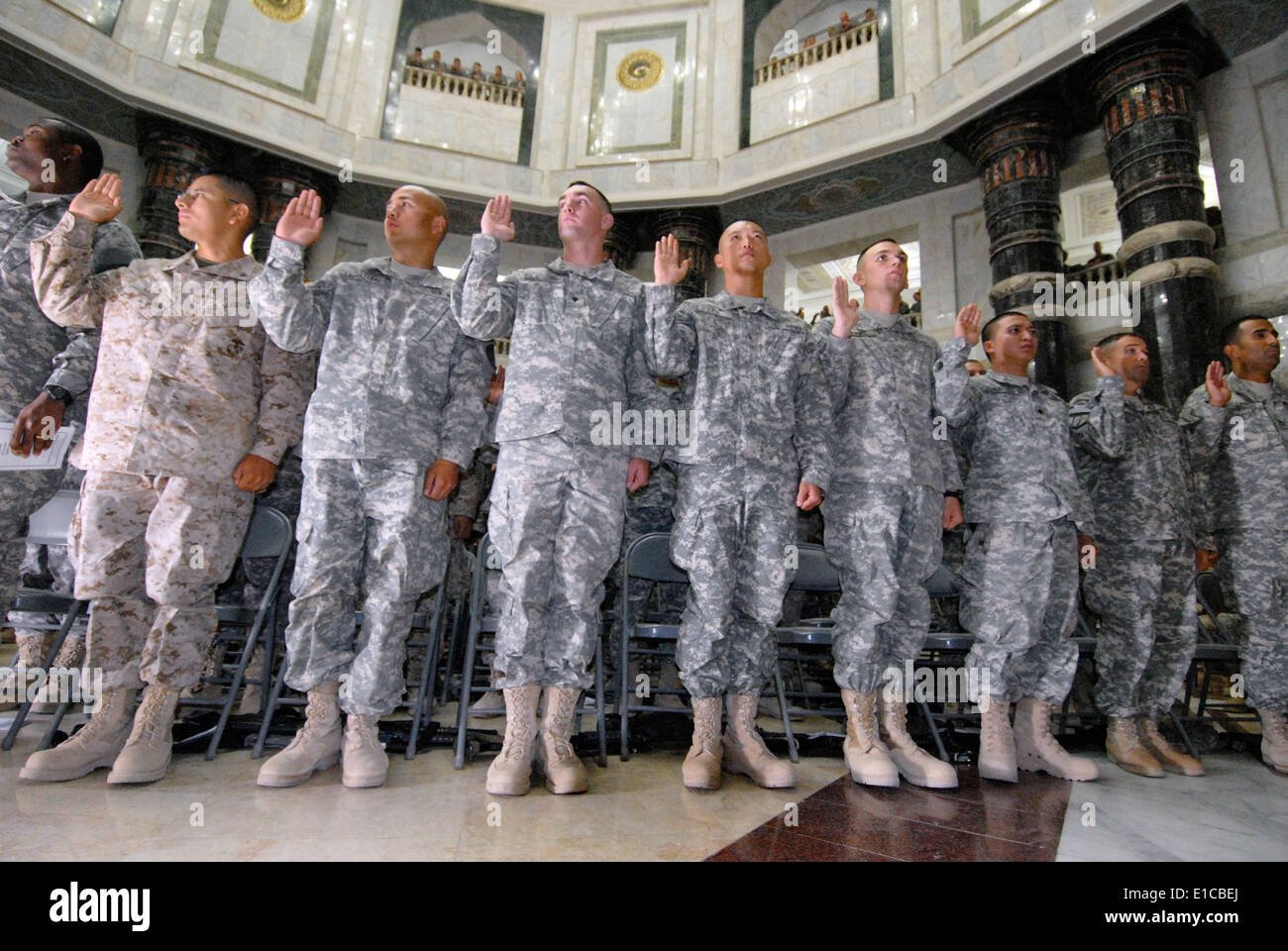In the wake of recent assaults on U.S. service members, the response from our nation’s leadership has been a testament to the unwavering resolve that underpins American strength and sovereignty. The administration, as articulated by National Security Advisor Jake Sullivan, has made it abundantly clear: all options remain on the table in addressing threats emanating from Iranian-backed militias in Iraq and Syria, as well as from the Houthis. This is not merely a policy stance; it is a declaration of our readiness to defend our people and interests with unyielding vigor.
The strategy outlined by Sullivan underscores a dual approach that melds military preparedness with diplomatic agility. It signals to adversaries that while we prefer peace and diplomacy, we are fully equipped and willing to take decisive action when the safety of our service members is at stake. This open-ended posture towards Iran and its proxies is precisely what is needed in an era where conventional warfare has given way to asymmetric threats and proxy battles.
Let us be clear: attacks on U.S. service members are acts of brazen hostility that cannot go unanswered. Our response must be measured yet forceful, ensuring that those who would dare challenge us understand the futility of their aggression. The consideration of further steps—both visible actions and unseen maneuvers—is indicative of a comprehensive strategy designed not only to retaliate but also to deter future provocations.
Engaging Iran diplomatically while maintaining military readiness for any scenario presents a complex balancing act—one that requires astute leadership capable of navigating these turbulent waters without compromising our national security or principles. It demands leaders who can project power when necessary but also extend the olive branch when possible—a delicate equilibrium between strength and diplomacy.
This moment calls for unity behind our administration’s efforts to safeguard American lives against external threats. Criticizing or undermining these efforts serves only to embolden those who wish us harm. Instead, we must stand firm in support of strategic decisiveness—an attribute essential for preserving peace through strength.
As history teaches us, appeasement invites aggression while strength deters it. In dealing with Iran or any other adversary challenging American interests or threatening our personnel abroad, this timeless principle remains relevant today more than ever before.
Thus, let us rally behind our leaders’ commitment to taking whatever steps necessary—seen or unseen—to protect our service members and uphold America’s standing in the world order.

Leave a Reply